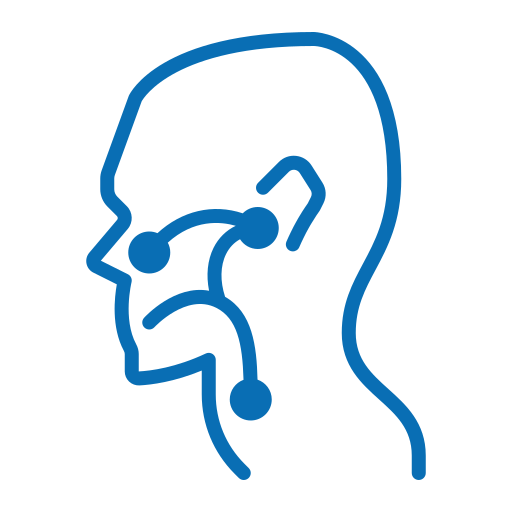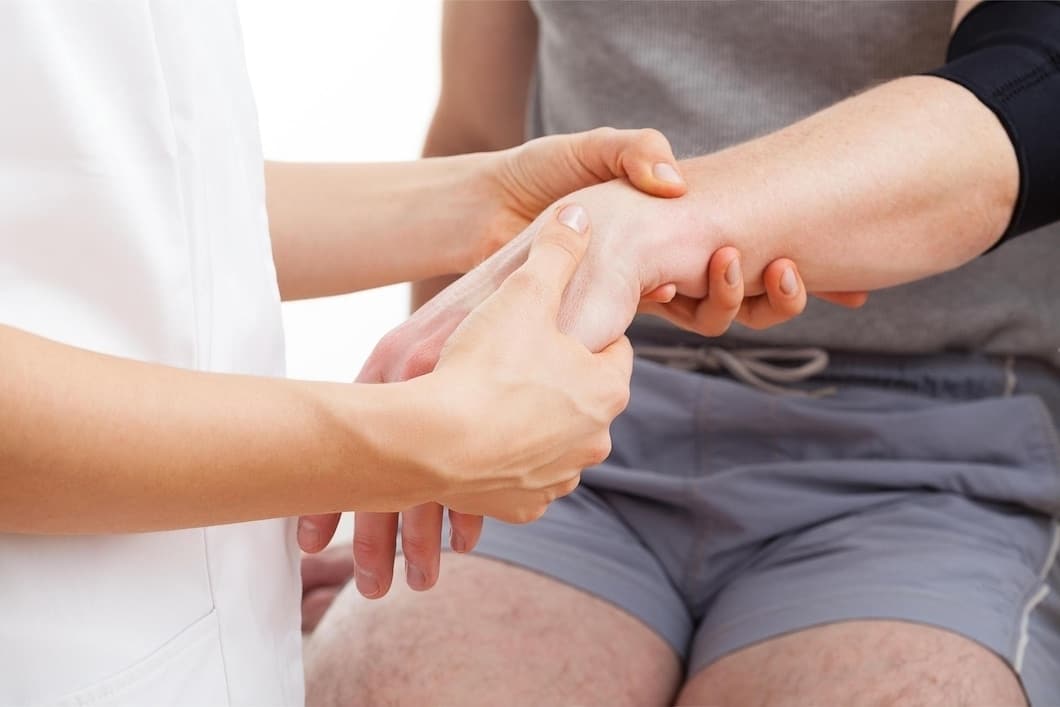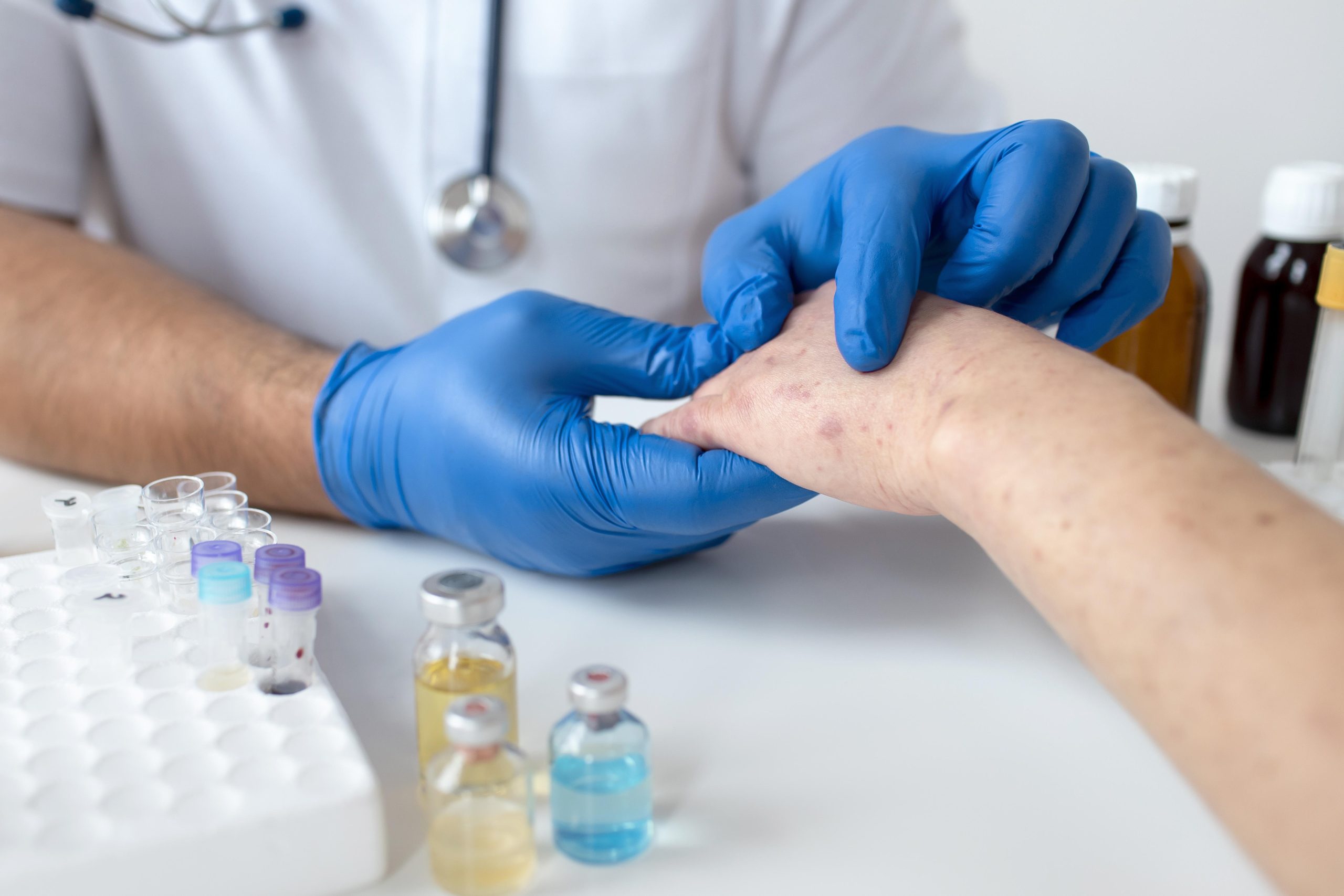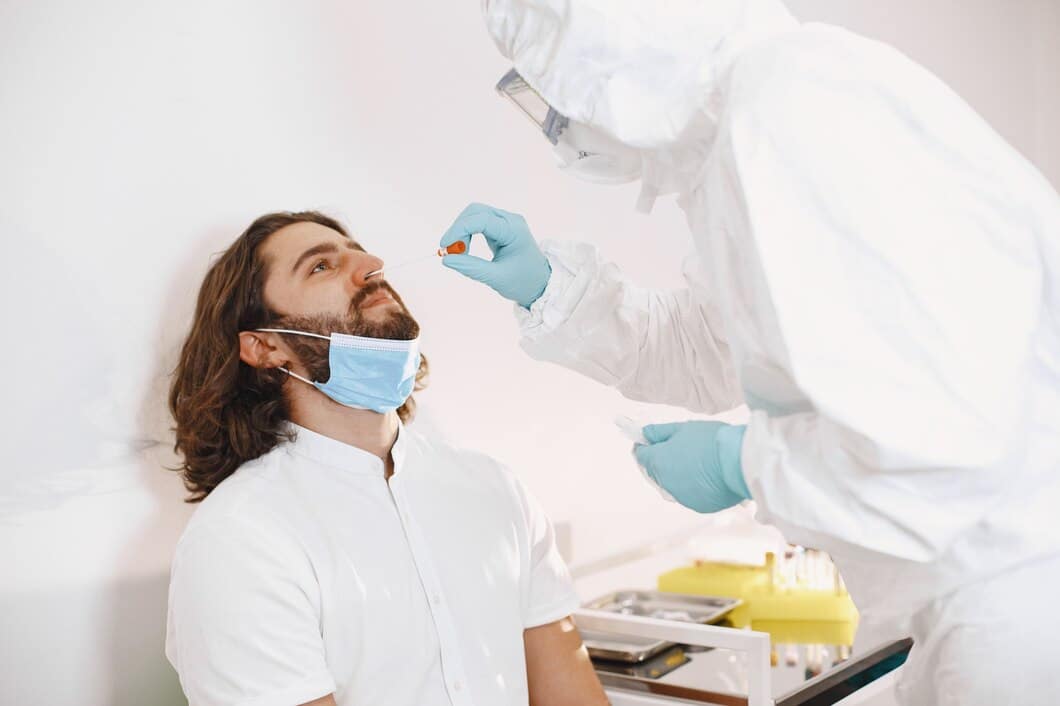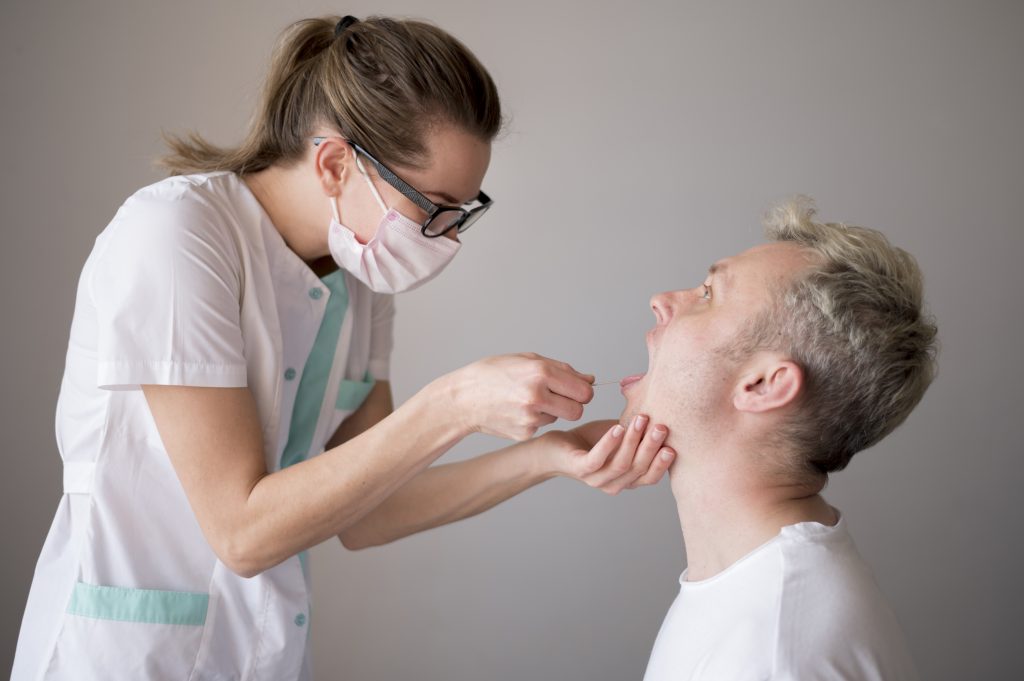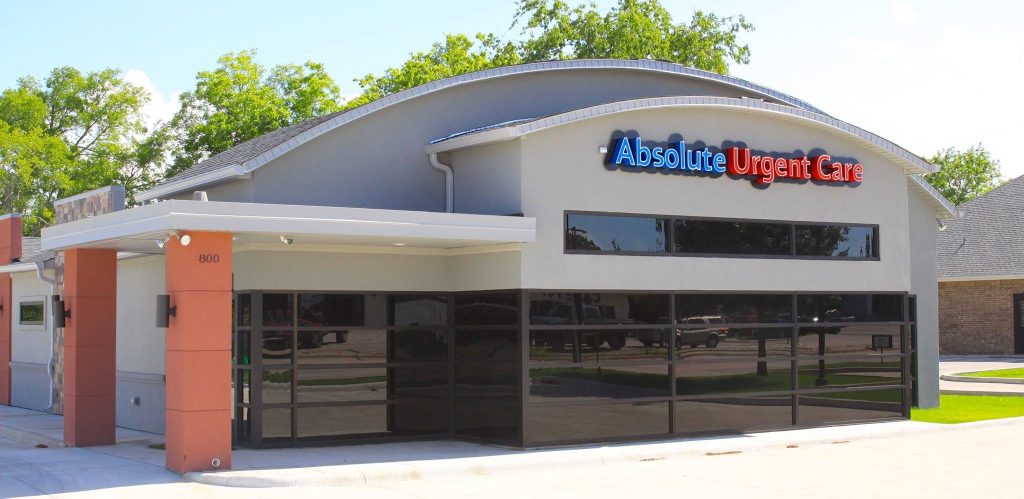The Care of Rheumatology at Urgent Care Centres: What to Consider Before Seeing a Joint Pain Specialist
Each year in the United States, joint pain is reported as a health issue by millions of individuals and it is still on the rise around the world. Some people may experience such pain due to excessive use of the knee or some injury, but in some other people such pain or swelling in the joints could worsen and be due to some underlying medical condition
Degenerative joint diseases, inflammatory arthritis and systemic diseases which affect the joints, muscles and bones come under the field called rheumatology. Let us say if you have joint pain then there are certain circumstances where you may need to consider consulting an urgent care joint pain specialist. Hence knowing what time to consult a specialist about your joint pain is vital in order to not only prevent further damage, but to also ensure that you have a satisfactory quality of life.
In This Article, We Will Evaluate Reasons and Types of Joint Pain
to consider seeing a rheumatology specialist. Many people are confused as to when they should go to a joint pain specialist and when they should visit a joint replacement centre. Whether you are experiencing sudden or chronic knee pain, urgent care centres should be able to assist you as they have various specialists available on standby. If however the pain is severe, then you may be referred to a number of medical centres.
Learning About Rheumatology and Joint Pain
It seeks to provide a definite diagnosis and treatment of conditions of the joints and other connective tissues that cause inflammation and pain and damage muscles, bones, and ligaments. Some of the common types of joint pain are osteoarthritis, rheumatoid arthritis, gout, lupus and other inflammatory conditions.
It is often thought that joint pain is a characteristic of old age or is the outcome of a physical injury, but it can be a tell-tale sign of a major disease. Joint pain that lasts for an extended period of time in particular can have a serious impact on one’s functional status, occupational status, and physical activity levels. Knowing when to go and receive rheumatological care at your urgent care clinic may help this from happening and getting worse.
Most Frequent Reasons For Suffering From Joint Pains
Pain in a joint can be as a consequence of different reasons and this would also apply to the shape of the illness being suffered by a person. The following is for instance a summary of the more frequent reasons for joint pain that could be treated by a rheumatologist:
- Osteoarthritis
This appears to be the most common type of arthritis amongst people. OA happens when a person’s cartilage that protects the joint slowly deteriorates, which leads to pain, swelling and stiffness. Typically this is found in older adults as it usually affects the hip, knee and spine.
Signs Linked With The Suffering Of Osteoarthritis:
- A person suffering from OA may develop joint pains and experience stiffness in their joints, specifically when they are waking up early in the morning.
- Pain in a person seems to flare up when that person is busy with work, and this pain seems to fade away when that person rests.
- Swollen or sore joints.
- Pain in a single joint or multiple at the same time impacting movement.
Researchers say that OA is age-related, but it can also be caused due to a joint injury or excessive use of the joint. For people who are already suffering from OA and the pain seems to aggravate or it does not go away, you can visit an urgent care trip to control the pain and the ache.
2. Rheumatoid Arthritis (RA)
Rheumatoid arthritis is an autoimmune disease characterized by persistent inflammation of the joints. In contrast to osteoarthritis, RA is more severe, usually affecting multiple joints. It involves wrists, fingers, and toes as the most common joints affected. It is caused by an inappropriate immune response against the synovial membranes of the joints resulting in inflammation and pain, stiffness and swelling.
Symptoms of Rheumatoid Arthritis:
- Pain in joints that is symmetrical (involving the other side too)
- Stiffness in the morning that lasts for more than 30 minutes
- Affected joints are warm, swollen, and red
- There is tiredness and a general feeling of being unwell
RA is a multi-systemic disease; its other features can include involvement of skin, eyes, and lungs. You need to visit Absolute Urgent Care Sonora if you are experiencing joint pain in combination with fever, tiredness, or weight loss without any obvious cause.
3. Gout
Gout is a form of arthritis that results from urate crystal deposition in the joints and tissues. It usually starts with the first metatarsophalangeal joint but may extend to include the ankles, knees, and elbows. Great toe pain is more common in gout than in any other joint. Gout attacks usually have a rapid onset and are accompanied by redness, swelling, and excruciating pain.
Indications of Gout:
- The affected joint becomes the centre of sharp pain which suddenly appears and escalates.
- Joint areas become inflamed and have a reddish hue accompanied by warmth.
- An individual sometimes feels pain due to excessive temperature contraction of affected areas or after consuming purine-dense food like alcohol and red meat.
- Thermoregulation, food items, or medications are common triggers for the development of gout. To keep possible signs of gout in check, attending an urgent care clinic can provide instant pain relief regarding the joint.
4. Lupus
Similar to gout, Lupus can be classified as systemic lupus erythematosus, which is a long-term autoimmune disease that has the potential to damage the body on a large scale. In other words, it may also bring with it inflammation on a local scale. With this chronic disease, inflammation, alongside traumatic pain, swelling and stiffness accompanied by fever, fatigue, and rashes can be experienced.
Indicators of Lupus:
- Significant swellings and pain in joints, particularly in fingers, knees, and more.
- In some cases, a L.E.D (Lupus Erythematosus) can develop on the cheeks of the face.
- L.E.D or lupus erythematosus, extreme fatigue
- Burning sensation or irritation around sensitive skin
- Excruciating pain in the chest or difficulty in breathing.
Due to its autoimmune characteristics, lupus can affect different organ systems, and women are more frequently infected. For age-related inflammation or pain, specialist clinics may be visited; one may also go to hospitals for the constant throbbing soreness around joints or the aggravation of other areas and systems. Absolute Urgent Care is a clinic with such resources.
5. Bursitis and Tendonitis
Bursitis and tendonitis are two inflammatory conditions of the connective joint tissues in humans. Bursitis is the inflammation of the bursa, or the sac-like fluid encasing the joints, while tendonitis is the inflammation of tendons or the fibrous tissue connecting muscles to bone. These medical conditions are commonly caused by repetitive motion, overuse, or trauma.
Symptoms of Bursitis and Tendonitis:
- Pain and swelling around the joint
- Stiffness and limitations in joint movement.
- Pain exacerbated by certain movements or physical activities.
These conditions can develop in any joint but are often found in the shoulders, elbows, hips, and knees. Do not ignore persistent pains not responding to rest and OTC medications, as seeking treatment for chronic pain is necessary to avoid complex joint issues; for non-invasive procedures, come to Absolute Urgent Care.
6. Infectious Arthritis
Infectious arthritis, which can also be referred to as septic arthritis, develops when an infectious agent invades and infects a joint. The specific cause of this condition is mostly said to be bacteria; however, a viral or fungal infection can trigger it, too. If severe, the damage may affect other joint structures and elements; therefore, seeking medical care right away should be prioritised.
Signs and Symptoms of Infectious Arthritis:
– Usually, there is only inflammation in one joint accompanied by pain that can be excruciating.
– Around the sore area, the skin may be red, warm to the touch, and swollen.
– High fever and shivering are also notable indications.
– The range of motion in the affected area of the joint becomes impossible, making it difficult to move.
Infectious arthritis can be life-threatening if not treated immediately. In any case, if you notice any of the symptoms mentioned above, it’s best to head to Absolute Urgent Care as soon as possible to prevent any damage to your body.
When to Seek Forman Urgent Care for Joint Pain
In order to seek proper treatment for any joint problems, it is essential to know how severe the pain is. Joint soreness is common in athletes or physically active individuals, whereas slight indications suggest that joint pain associated with the night could be a reason to examine the joints. If that case exists, then seeking assistance from Absolute Urgent Care would be beneficial:
- Swelling or Redness – If the infection level is at a point where the joint is warm or red, immediate medication is necessary.
- Severe or Sudden Pain – A patient suffering from sudden joint pain should be seen by a professional to rule out any injury.
Stiffness or Loss of Range of Motion – A patient struggling with a range of motion problems should seek treatment, as it can escalate to arthritis decades later.
Joint Pain and Body Temperature: In general, joint pain might not be concerning but if there’s an onset of fever or nausea along with it, it should be taken seriously as it can indicate underlying concerns such as autoimmune disease and an infection. In such cases, immediate medical attention might be required.
Deteriorating Joint Pain: Pain in the joints can be a result of multiple factors and one such factor might be age. However, if the pain tends to exacerbate over a span of a few weeks, or is consistent over time, seek medical advice as the patient might be dealing with rheumatoid arthritis or osteoarthritis which are chronic conditions.
Physical Trauma: If you’ve had an accident and the injured areas include your joint, or inflammation seems apparent, tender joints feel achy and there’s trouble in moving them, then consult a medical professional at the earliest to prevent cracked bones or any other injuries.
How Absolute Urgent Care Can Help
Absolute Urgent Care meets a number of criteria concerning the initial management of joint pain. The care sector not only provides treatment for joint pain but also addresses multiple other rheumatological disorders. The following section explains how you can benefit from urgent care –
Management of the Pain: Managing joint pain is made easier with the help of anti-inflammatory drugs, physical therapy that utilises heat and icing techniques, and immobilisation.
- If the need to see a specialist arises, we may refer you to a rheumatologist or a physician such as a clinician who can provide additional care as necessary. Moreover, we may contact other specialists for treatment and management of your condition.
- Such initiatives will ensure that more individuals are able to understand the systems that need to be in place whenever a referral is made. For there is no need to have more than one referral sample, referrals are only made to specialists who are believed to have the best chance of seeing the patient.
Evaluation
- After the evaluation, feedback is provided and allows for the referral record to be closed and marked as read. On the other hand, we are free to reach out to as many medical specialists as we wish. This kind of approach will ensure that the number of misdiagnosed patients remains low.
- Many patients were eager to see how exactly the new referral process would improve healthcare. There are several other examples that show how far wrong American healthcare can go.
Unfortunately, having an alarming level of dependence on US healthcare and mercy comes at a high cost of trust. If it becomes necessary to see other doctors for systemic lupus erythematosus that requires further verification or even treatment, then we can seek these experts out. One could even underestimate how the majority of patients wait with anticipation to see exactly such doctors. Furthermore, for a muscle that has suffered loss of elasticity secondary to a spasmodic or healing period after surgery or injury, or an acute attack of conditions such as rheumatoid arthritis, gout, or an attack related to trauma.







